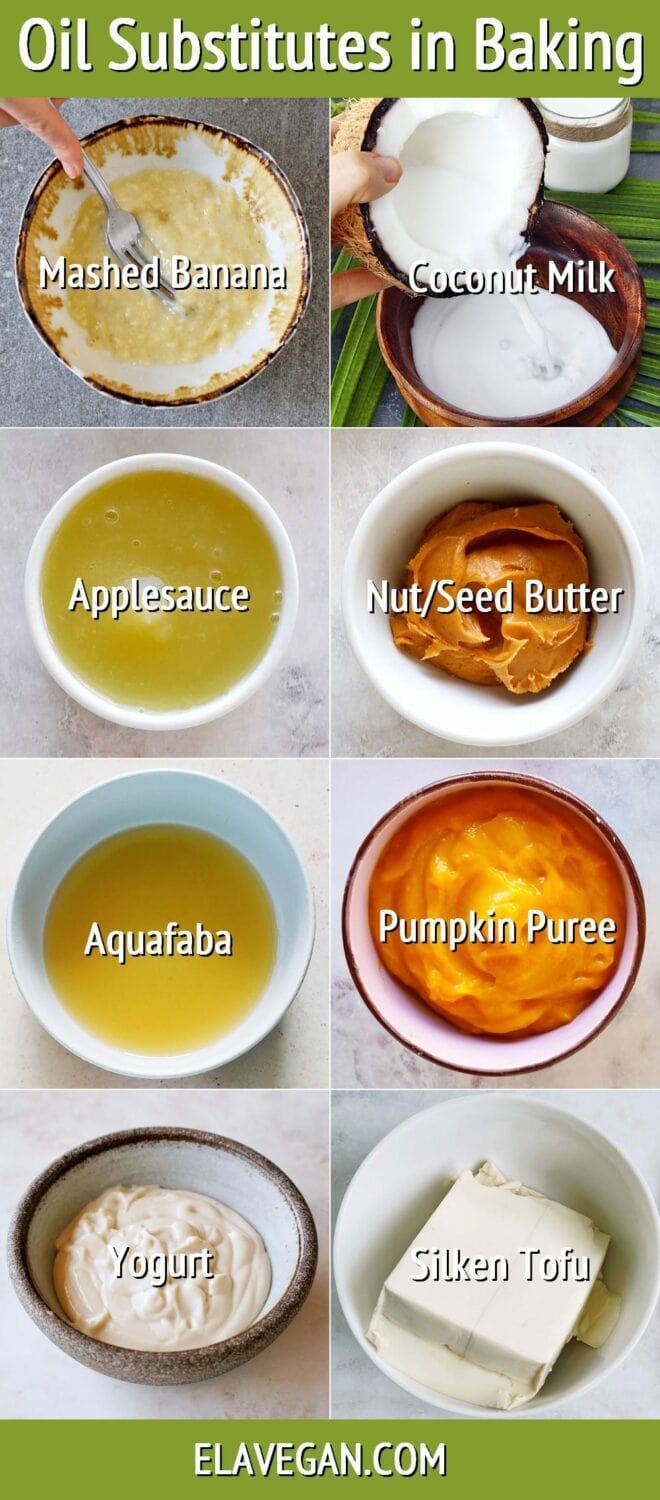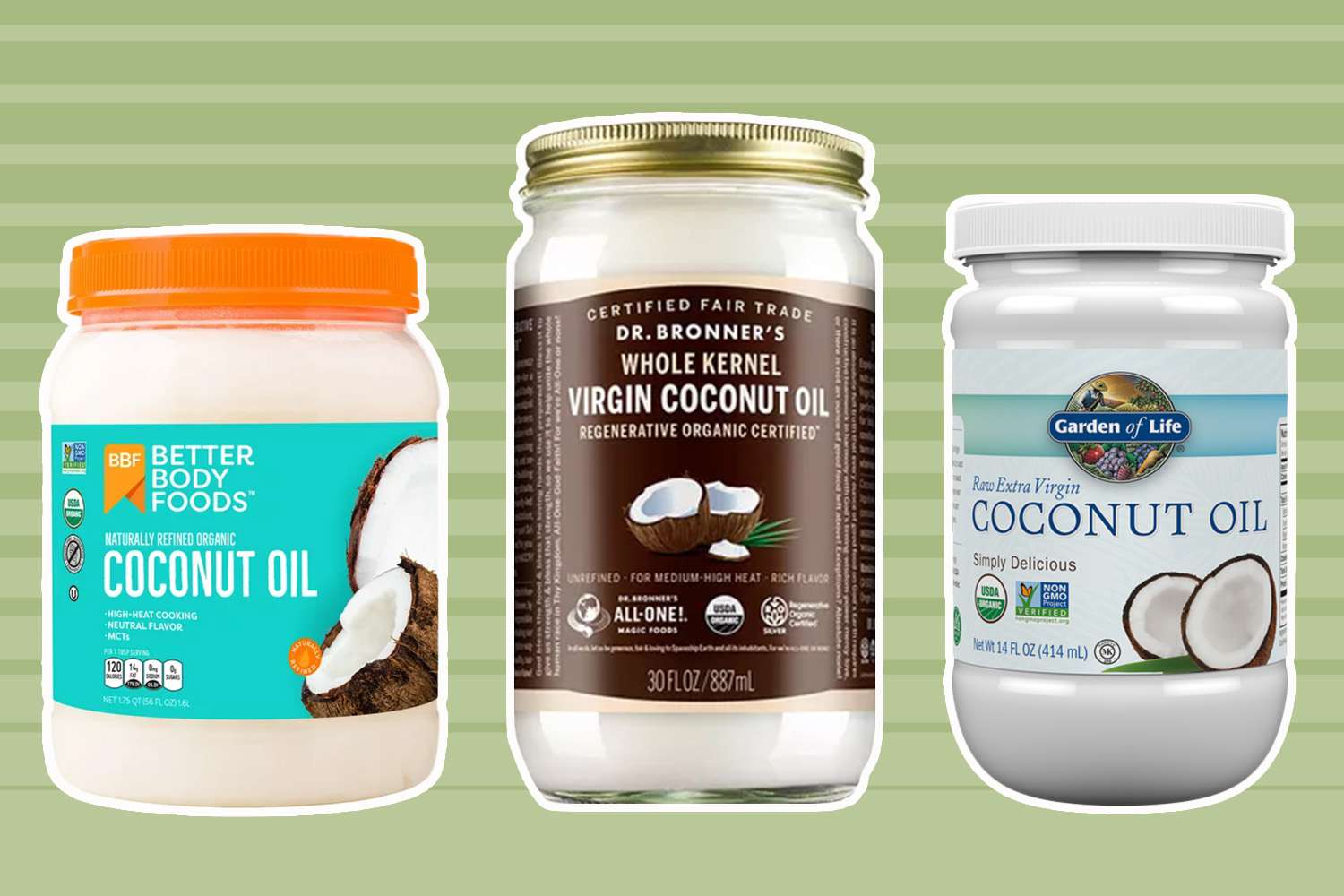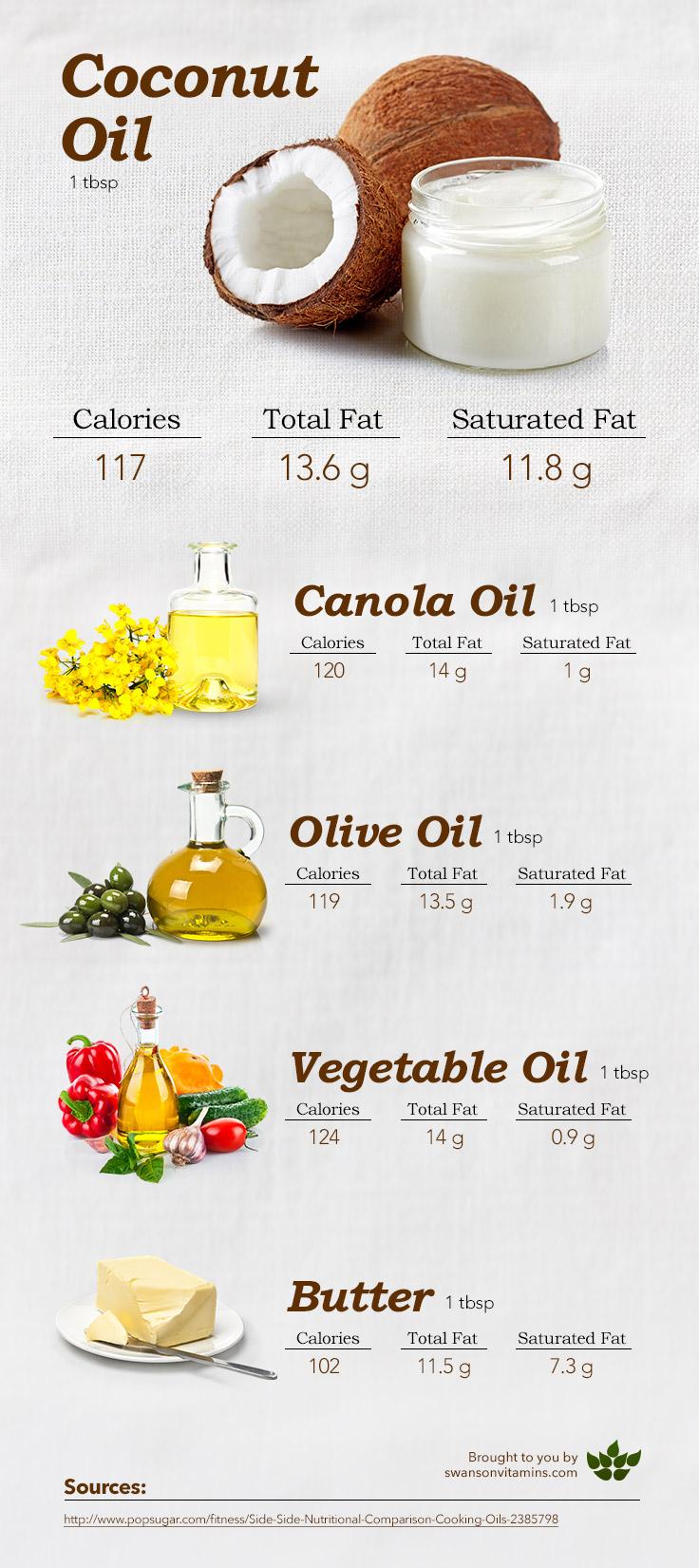1. Health-Packed Substitutes: Baking Better with These Coconut Oil Alternatives
Want to bake healthier treats without losing the deliciousness? Here are five tasty and smart alternatives to coconut oil that will keep your goodies moist and nutritious. Whether you’re cutting down on saturated fat or need allergy-friendly options, these choices have got you covered.
- Avocado Oil: Loaded with heart-healthy fats and mild enough to blend into cakes.
- Applesauce: Adds natural sweetness and moisture, great for lowering fat content.
- Olive Oil: Try the light version for a subtle fruity flavor and extra antioxidants.
- Sunflower Oil: Perfect for those with allergies, it has a neutral taste and works in most recipes.
- Greek Yogurt: Adds protein and keeps your bakes tender and soft.
Remember, for best results, try to match the fat content when swapping so your recipe stays balanced.

2. Flavor Powerhouses: How Different Substitutes Transform Your Baking Taste
Looking to switch things up? Different oils and fats can give your baked goods exciting new flavors. Check out these seven options that can add unique twists to your cookies, cakes, or muffins.
- Butter: Classic and rich, it deepens flavor and creates a beautiful crumb.
- Butter-Flavored Shortening: Great for flaky pastries with a buttery hint, without using real butter.
- Vegetable Oil: Mild flavor that won’t overpower your baked goods.
- Macadamia Nut Oil: Adds a soft nutty aroma, perfect in cookies.
- Canola Oil: Neutral and light, an easy swap when you want texture without extra flavor.
- Pumpkin Puree: Brings extra moisture and a subtle sweetness, perfect for fall favorites.
- Hazelnut Oil: Fancy up your chocolate treats with a touch of hazelnut goodness.
Try experimenting with these to change the personality of your desserts!
3. Bake on a Budget: Top Affordable Coconut Oil Replacements
Coconut oil can be pricey, but you don’t have to miss out on great baking. Here are six budget-friendly options you probably already have at home or can easily find in stores.
- Vegetable Oil: The go-to cheap option that works in almost everything.
- Canola Oil: Affordable and neutral, it’s a staple for many bakers.
- Butter: When on sale, it’s a great flavorful substitute.
- Shortening: Usually less expensive and great for flaky textures.
- Mayo: A surprising hack to add moisture and richness at low cost.
- Applesauce: Inexpensive and naturally sweet, also reduces fat.
A quick tip: compare prices based on weight or volume to get the best deal!
4. Vegan & Plant-Powered: Coconut Oil Replacements for Cruelty-Free Baking
If you’re baking vegan or just want plant-based options, these eight alternatives will keep your treats moist and tasty without any animal products.
- Light Olive Oil: Mild enough for sweet baking and full of healthy fats.
- Sunflower Oil: Allergy-friendly and works well in most recipes.
- Avocado Oil: Nutrient-rich and subtle, great in veggie-based cakes.
- Flaxseed Oil: Packed with omega-3s, best used sparingly or in no-bake treats.
- Pumpkin Puree: Adds moisture and subtle sweetness without oil.
- Applesauce: A classic low-fat, natural sweetener and oil replacer.
- Nut Butters (Almond, Cashew): Rich and creamy options that add protein and fat.
- Vegan Butter: Solid fat replacement with that classic buttery feel.
A handy trick is to mix applesauce with a little oil for better texture and taste in vegan baking.
5. Pantry Heroes: Easy Coconut Oil Replacements You Already Have

Don’t want to run to the store? These five everyday items probably sit in your pantry or fridge and can step in for coconut oil without fuss.
- Vegetable Oil: The simplest swap for almost any bake.
- Butter: Whether melted or solid, it’s a versatile replacement.
- Applesauce: Adds moisture and a touch of sweetness.
- Margarine: Soft or melted, it helps keep texture and richness.
- Yogurt: Adds tang and moisture – especially good in cakes and quick breads.
For best results, stick to a 1: ratio when substituting and adjust based on how your batter looks and feels.
6. Recipe-Specific Oil Swaps: Best Coconut Oil Replacement for Cakes, Cookies & Bread
Not every baked good needs the same fat. Here’s a quick guide to choosing the best substitute for your specific recipe:
- Cakes: Butter or applesauce help keep them fluffy and moist.
- Cookies: Butter and nut oils add flavor and chewiness.
- Bread: Olive oil or avocado oil keep crumbs soft with a nice richness.
Pro tip: Depending on what you bake, you might want to tweak the amount slightly to balance moisture and texture perfectly.
7. Nutrition Face-Off: Coconut Oil vs. Top Baking Replacements
If you care about what’s in your food, here’s a quick nutrition rundown comparing coconut oil with some popular alternatives:
| Substitute | Calories (per tbsp) | Saturated Fat | Heart-Healthy Fats | Notes |
|---|---|---|---|---|
| Coconut Oil | 117 | High | Medium | Popular but high in saturated fat |
| Olive Oil | 119 | Low | High (monounsaturated) | Great for heart health |
| Avocado Oil | 124 | Low | High (monounsaturated) | Nutrient-rich and flavorful |
| Butter | 102 | High | Low | Adds flavor but high in saturated fat |
| Applesauce | 25 | None | None | Low calorie and moistening |
| Vegetable Oil | 120 | Low | Variable | Neutral flavor |
Bottom line: Oils rich in monounsaturated fats like olive and avocado are better for heart health while still making tasty baked goods.
8. Eco-Baking: Sustainable Coconut Oil Replacements for Green Bakers
Want to be kinder to the planet while baking? Here are some sustainable alternatives to coconut oil that can help you bake greener:

- Locally Sourced Butter: Choose organic and pasture-raised when possible.
- Olive Oil: Many olive oils come from sustainable farms — look for certifications.
- Sunflower Oil: Grows easily and uses less water.
- Pumpkin Puree: Using seasonal, local produce reduces waste.
- Sustainably Produced Vegetable Oils: Check labels for eco-friendly brands.
Another eco tip: buy in bulk, recycle packaging, and avoid disposable baking pans to reduce waste.
9. DIY at Home: Make Your Own Coconut Oil Replacements in Easy Steps
Feeling creative? You can whip up your own coconut oil substitutes at home quickly and easily.
- Applesauce + Olive Oil: Mix tablespoons applesauce with tablespoon olive oil to replace tablespoons of coconut oil — perfect for moist cakes.
- Whipped Vegan Butter + Vegetable Oil: Blend to get a creamy fat substitute, great for batters needing that buttery feel.
- Nut Butters: Blend almonds or cashews into smooth butter to add richness and fat to your recipes.
Keep your homemade mix refrigerated and use it within a week for the best taste and freshness.
10. Avoid These Common Mistakes When Swapping Coconut Oil in Baking
Don’t let a simple substitution trip you up! Here are five mistakes to watch out for when replacing coconut oil:
- Ignoring Fat Content: Using too little or too much fat can change texture a lot.
- Not Adjusting for Flavor: Some oils have strong tastes — adjust your seasonings accordingly.
- Skipping Baking Time Tweaks: Different fats can affect how fast or slow your baked good cooks.
- Mixing Solid and Liquid Fats Without Prep: Melt solids when the recipe calls for liquid, or chill liquids if solids are needed.
- Not Testing Small Batches First: Try a little batch before committing to a full recipe, so you don’t waste ingredients.
Keeping a notebook to jot down your swaps and results can help you perfect your favorite replacements over time.
Whichever path you choose—healthier fats, plant-based swaps, budget buys, or eco-friendly options—you can bake delicious treats without coconut oil getting in the way. Experiment and have fun discovering your new favorite ingredient!



